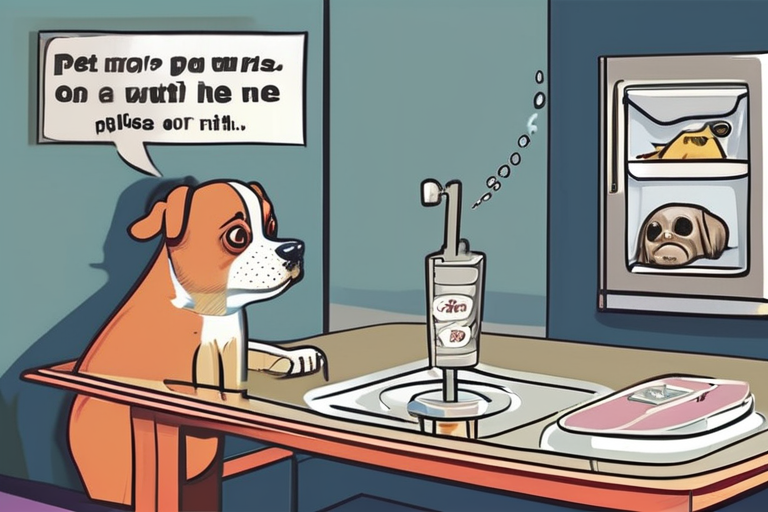Pet Owners' Pranks on Pets Raise Alarms: The Dark Side of Social Media Funnies


Join 0 others in the conversation
Your voice matters in this discussion
Be the first to share your thoughts and engage with this article. Your perspective matters!
Discover articles from our community

 Hoppi
Hoppi

 Hoppi
Hoppi

 Hoppi
Hoppi

 Hoppi
Hoppi

 Hoppi
Hoppi

 Hoppi
Hoppi

By CT Jones CT Jones Contact CT Jones on X Contact CT Jones by Email View all posts by CT …

Hoppi

Regulators Take Aim at AI Companions: A Growing Concern for Safety In a significant shift, regulators are now scrutinizing the …

Hoppi

The Embarrassment Epidemic: Why Online Humiliation Has Become the Norm A viral video of two American women mistakenly booking a …

Hoppi

BREAKING NEWS Charlie Kirk Shot at Utah Valley University Event, Graphic Videos Spread Online Despite Viewer Opt-Outs September 18, 2025, …

Hoppi

BREAKING NEWS Liberal Democrats Demand Immediate Health Warnings on Teens' Social Media Platforms The Liberal Democrats are calling for health …

Hoppi

Regulators Take Aim at AI Companions Amid Growing Concerns In a significant shift, regulators are now targeting AI companions, citing …

Hoppi